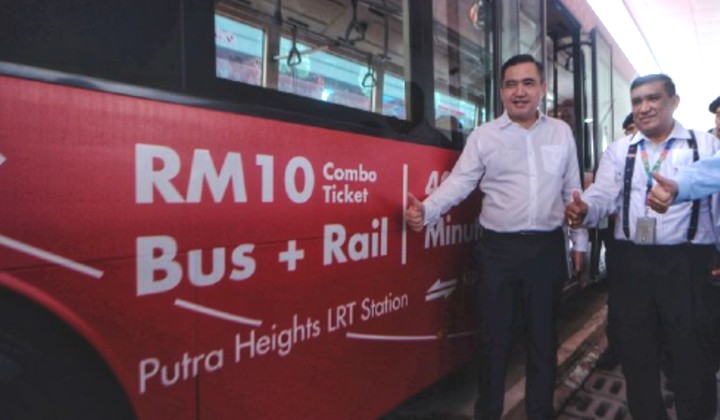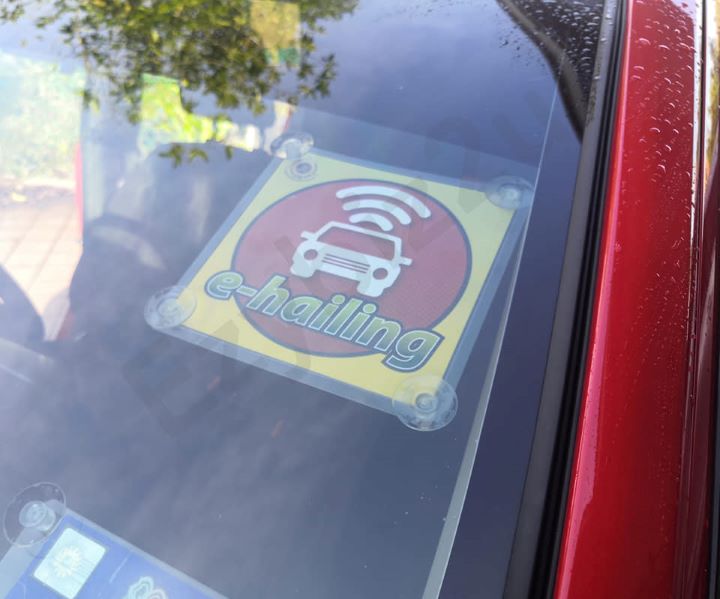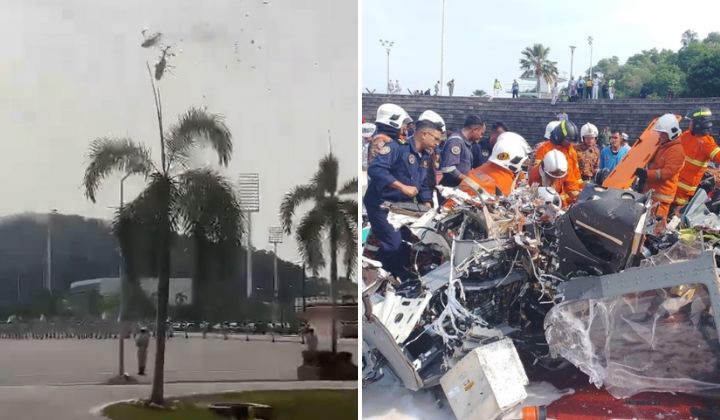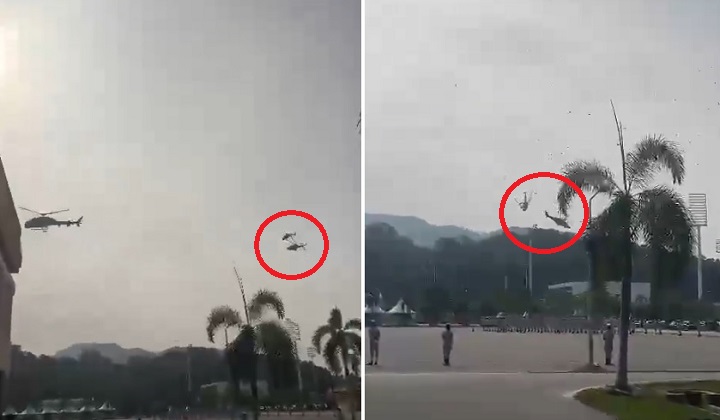Did Anthony Loke Really Make Travel Easier For All?

Malaysian transportation is usually the butt of jokes, its non-efficiency woven into our culture known as “Malaysian timing”.
But Anthony Loke, during his tenure as Minister of Transport, has decided to tackle common complaints about our public transportation.
While he only had two short years, he did put into place some notable regulations. Let’s look back at his achievements over the past two years:
1. Unlimited public transportation travel
The My100 pass is an unlimited travel pass card on public transportation, covering the LRT, MRT, Monorail, BRT, and feeder bus services.
According to Loke, there are over 110,000 active users who use the travel pass. On average, the value used on the card is around RM1,000 a month, which means a significant saving of 90% for Malaysians as the pass itself costs only RM100.
2. The rise of ride-hailing services
For those people who don’t actually live near public transportation, the rise of ride-hailing is a blessing.
However, there came concerns of security and safety- for both rider and driver. So the PSV license was introduced in 2019, aimed at providing a legal framework to ensure consistent standard and safety.

(Credit: Facebook)
After that came the proof-of-concept phase for multiple other ride-hailing services such as Dego Ride and Gojek.
While it’s too early to decide whether or not the new ride-hailing services are a success, these are new options to an industry that’s mostly dominated by Grab.
3. Mandatory use of child seats in cars
From 2007 to 2017, Malaysia recorded 1,559 death of children aged under 10 years old, unwitting victims of road accidents.
Because of the unnecessary risk posed to children in accidents, the Ministry of Transportation set a new rule to make child restraint seats mandatory in private vehicles starting from January 2020.
Children should be in age- and size-appropriate car seats, because the positioning of the seat belts are crucial. When properly set up, child car seat use reduces the risk for injury in a crash by 71-82%!

It’s a small investment that saves young lives, but Malaysians do not seem to truly understand the benefits provided to their children. In fact, before the implementation, only 30% of cars in Malaysia had child restraint seats.
4. Enforcement of seat belt use
Technically, seat belts in cars have been mandatory since 2009, but Malaysians tend to act as if it’s optional.
But even then, with the 2008 amendment to the Motor Vehicles Rules, passengers in the backseat were merely “advised to buckle up for their safety”.
However, since January 2020, rear seat belts and bus passenger lap belts will be mandatory to ensure better safety of passengers.
Considering that seat belts have a true effectiveness rate of 40-50%, and that in Malaysia alone there is an accident every minute and a fatal accident every 70 minutes, having mandatory seat belt use can greatly reduce the risk of serious injuries in car accidents.

(Credit: Unsplash)
5. Enforcement of airbag recall
Sometimes consumers buy faulty products without realizing it. Oftentimes, manufacturers will hold recalls to replace faulty products, but let’s be honest- most of us don’t go checking for product recalls.
In the case of faulty Takata airbag inflators installed in Honda cars, however, most Malaysians were absolutely unaware.
Since April 2013, Honda has been recalling cars installed with Takata airbags, because in hot and humid conditions, the airbag can rupture and explode metal shards.
According to Drive Safe & Fast, Anthony Loke and the Ministry of Transport took the initiative to check for recalled cars after a road accident took a 23-year-old Malaysian’s life due to the faulty airbag.
Recalled cars must show proof that the airbag inflators have been replaced before they can renew their road tax and any fees related to finding owner data and car manufacturers were waived to ensure all affected cars could be tracked down.

(Credit: Unsplash)
How are the new transportation regulations treating you? Let us know on our Facebook, Twitter, or Instagram!
Anne is an advocate of sustainable living and the circular economy, and has managed to mum-nag the team into using reusable containers to tapau food. She is also a proud parent of 4 cats and 1 rabbit.





